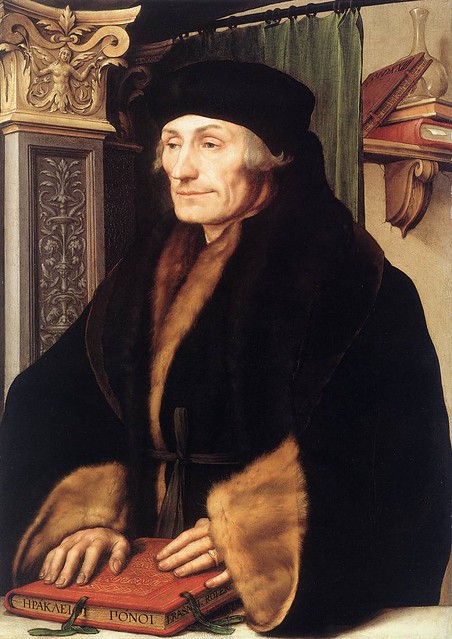An Introduction to Tolstoy’s “War and Peace” and “Confession”
This is my introduction to a new book on Tolstoy’s War and Peace and Confession by Ron Dart and Bradley Jersak.
An Introduction to Tolstoy’s
War and Peace and Confession
Brian Zahnd
We can know only that we know nothing. And that is the highest degree of human wisdom.
WAR AND PEACE
I was listening to an illiterate peasant, a pilgrim, talking about God, faith, life, and salvation, and a knowledge of faith was opened up to me.
CONFESSION
Maybe it’s the long Russian winters. Maybe that’s what explains the length of those ponderous novels produced by the great nineteenth-century Russian writers — among whom Fyodor Dostoevsky and Leo Tolstoy are the undisputed champions. But it’s not for their voluminous size that works like Crime and Punishment, War and Peace, Anna Karenina, and The Brothers Karamazov are beloved and still being read. We love them for their genius, their beauty, their insight into the human condition, and their artistic truth-telling. That Dostoevsky and Tolstoy as Russian contemporaries and literary rivals never actually met one another seems as curious as it is tragic. And I refuse to be drawn into the interminable debate over which of these two literary titans was the greater writer. But as a Dostoevsky devotee I will concede that in terms of descriptive prose, Leo Tolstoy is unsurpassed. As someone observed (I’ve forgotten who) in Tolstoy no two horses are the same. To read Tolstoy is not to read a sketch of the world but to encounter the real world in the mirror of the written word. Isaac Babel, a Russian writer executed by Soviet secret police in 1940, said, “If the world could write itself, it would write like Tolstoy.”
Read more


